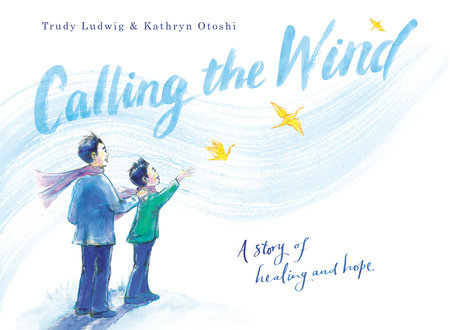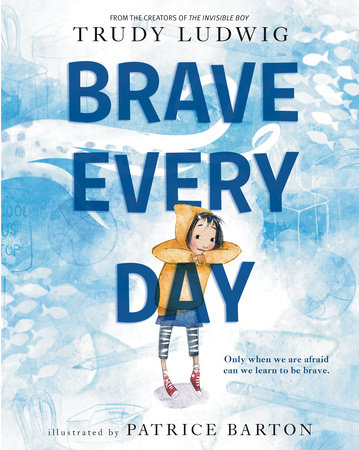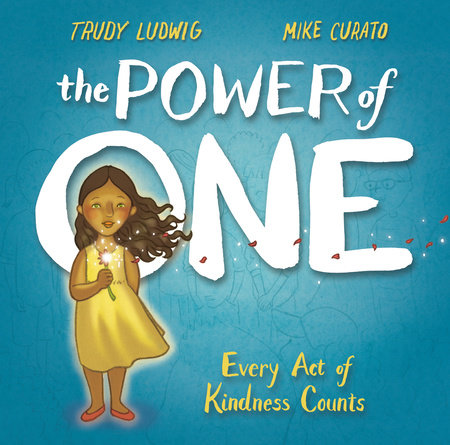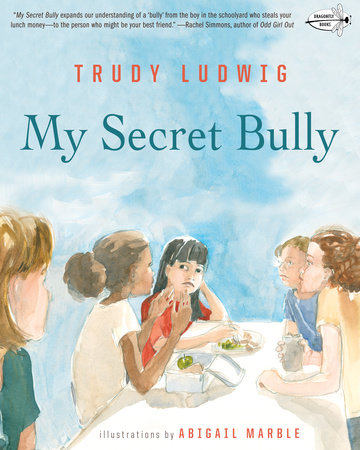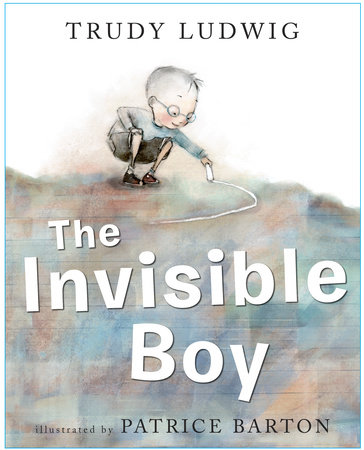5 Tips to Help Parents Teach Kids About Loss and Grief
by Trudy Ludwig
While grief is not an easy topic to discuss with children, it is one that, at some point, we all will inevitably need to address—whether it’s concerning the loss of a relative, friend, or family pet. So how can you support your grieving child during difficult times? Here are five helpful tips I’ve learned from my own experiences with loss and my research on grief to write Calling the Wind. It’s a story for young readers about the healing power of hope and human connection when faced with loss.
1. Understand that Children Grieve Differently than Adults
Experts report that kids tend to grieve in spurts because they cannot handle intense feelings for long periods of time. They’ve also found that grief is cyclical for children; they may mourn the loss multiple times through different developmental stages. Each person’s experience with loss is as unique as the individual experiencing it and their relationship with that loved one.
2. Encourage Your Child to Share Their Feelings with You
Listen, comfort, and reassure your child that they are loved and have your full support. Take your cues from your child’s questions. Be truthful, succinct, gentle, and calm in your responses. Try not to overwhelm them with more information than they’re asking for. Because grief is an ongoing process that happens over time, check in with them regularly to see how they’re doing and feeling.
3. Offer a Creative Outlet for Grief
Your child can express those tough, hard-to-share feelings by drawing, writing, crafting, or creating a memorial or memory box to remind them of their connections to their loved one. Such creative displays are physical reminders of how important that loved one is in your family’s history and life.
4. Read Stories That Generate Thoughtful Conversations
Children’s literature is an excellent supplemental tool to help address significant issues like grief and loss in a safe social setting. I love A Kids Book About Grief by Brennan Wood, Executive Director of Dougy Center. Two new Penguin Random House books available this fall worth adding to your family bookshelves are Calling the Wind and Where Did Poppy Go? Also, ask your local children’s bookstore or librarian for age-appropriate recommendations.
5. Seek Help When You and Your Children Need It
It takes a community of caring people to support grieving families. Don’t hesitate to reach out to grief support groups and organizations, including the ones listed below, to help you and your children better understand and process grief.
– Coalition to Support Grieving Students
– Dougy Center, The National Center for Grieving Children and Families
– National Alliance for Grieving Children
-
Books by the Author:
-
Calling The Wind
Also available from:Brave Every Day
Also available from:The Power of One
Also available from:My Secret Bully
Also available from: -
The Invisible Boy
Also available from:Confessions of a Former Bully
Also available from:Better Than You
Also available from:
Too Perfect
Preorder from:

